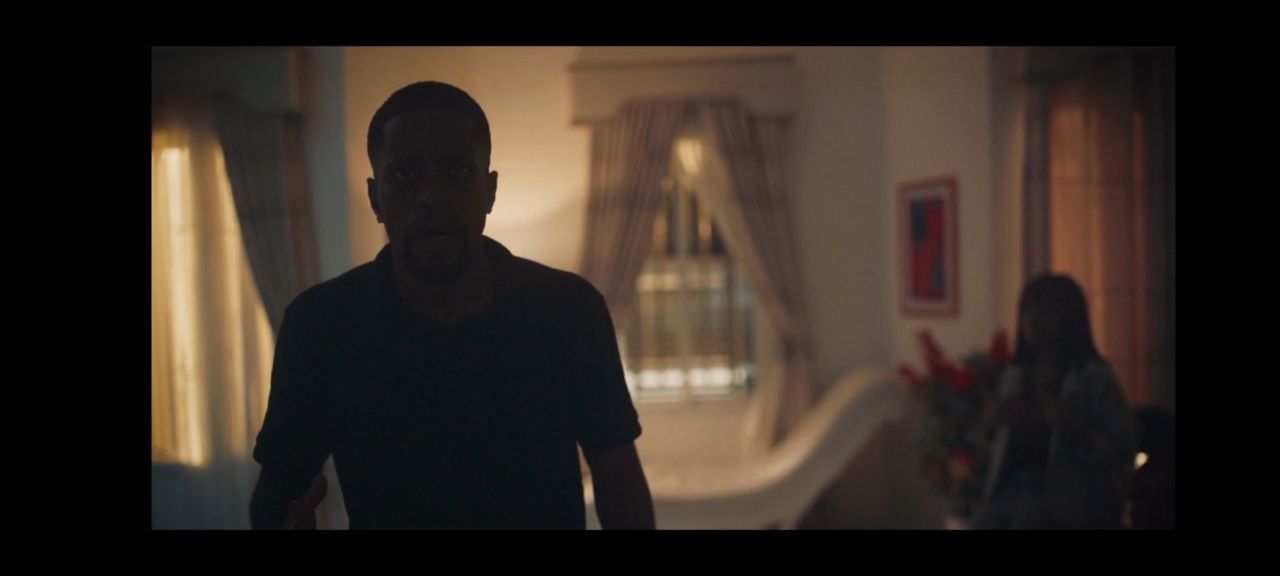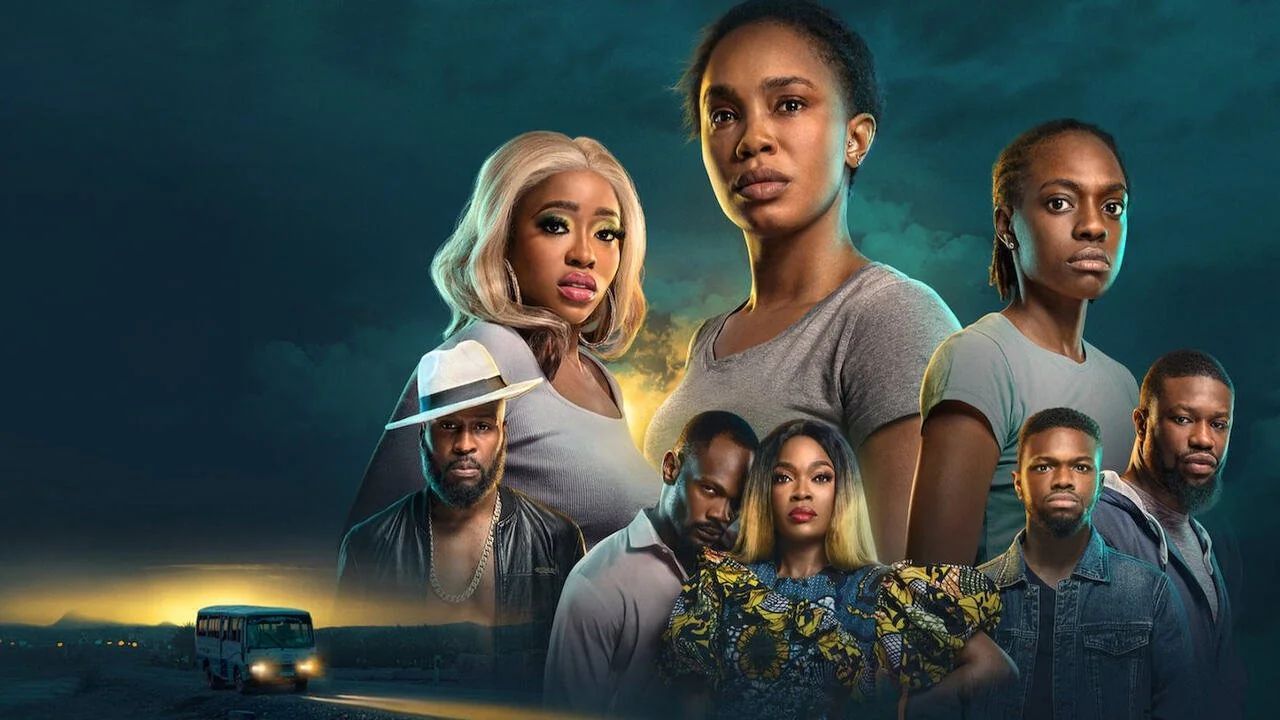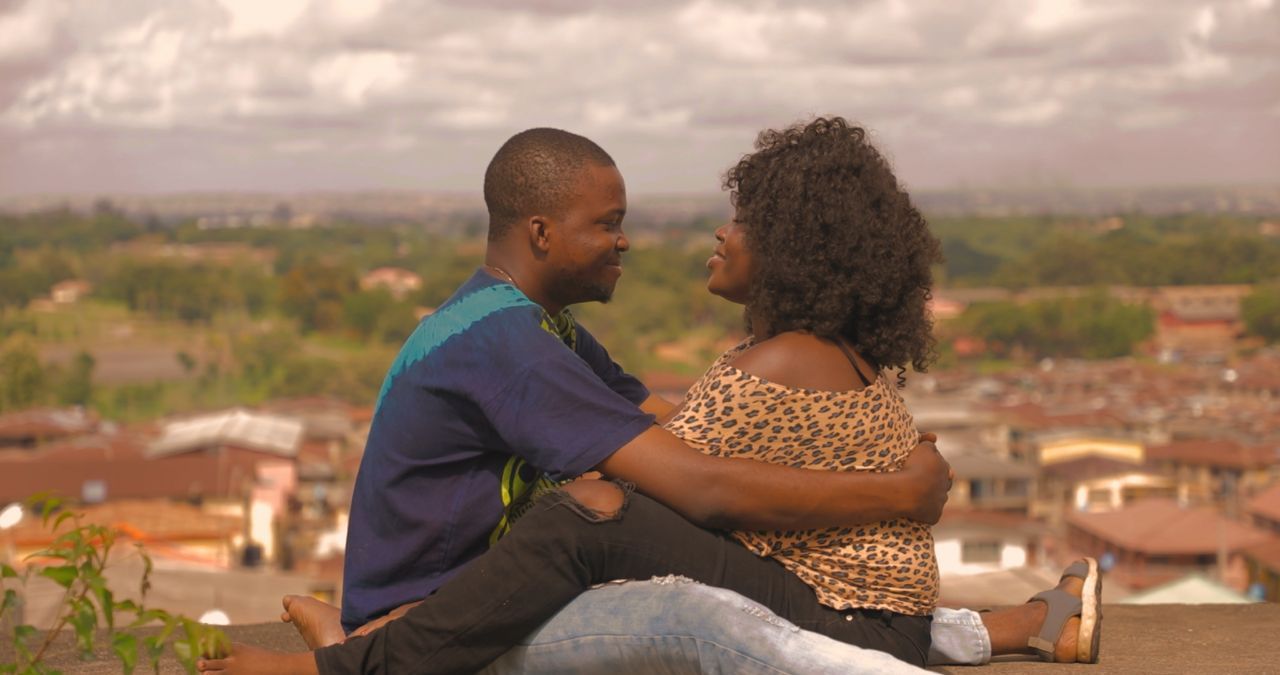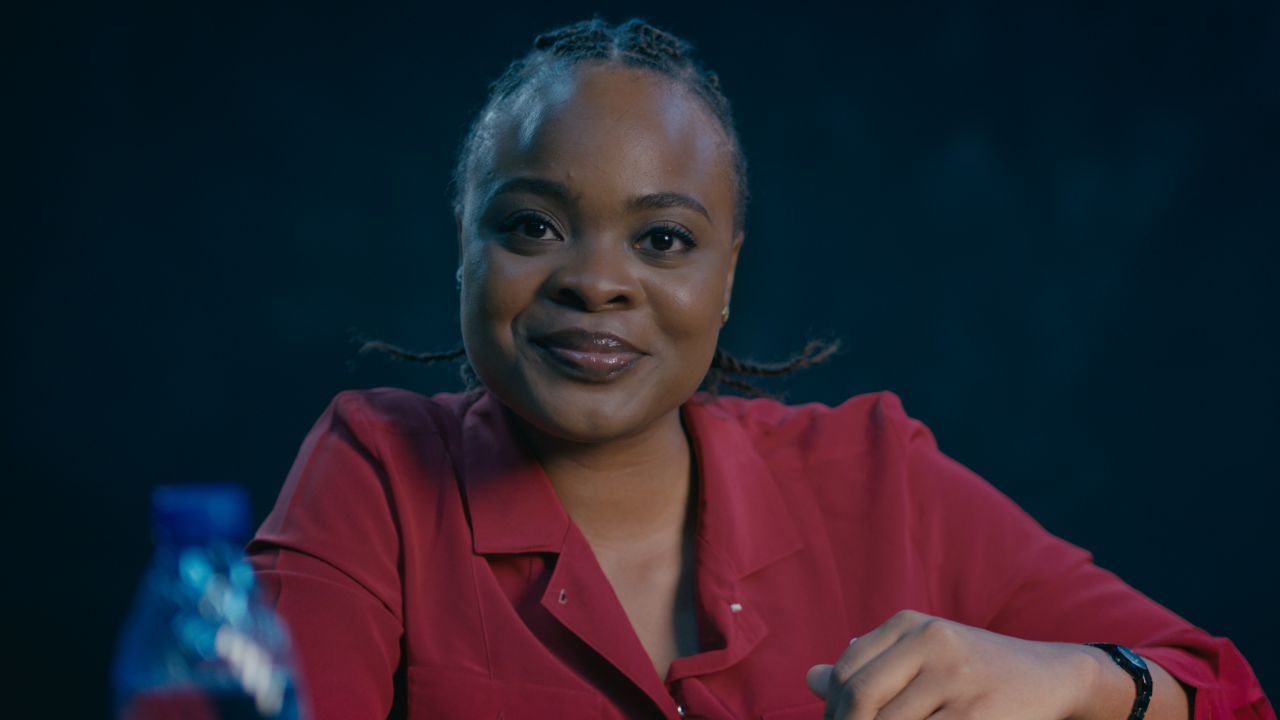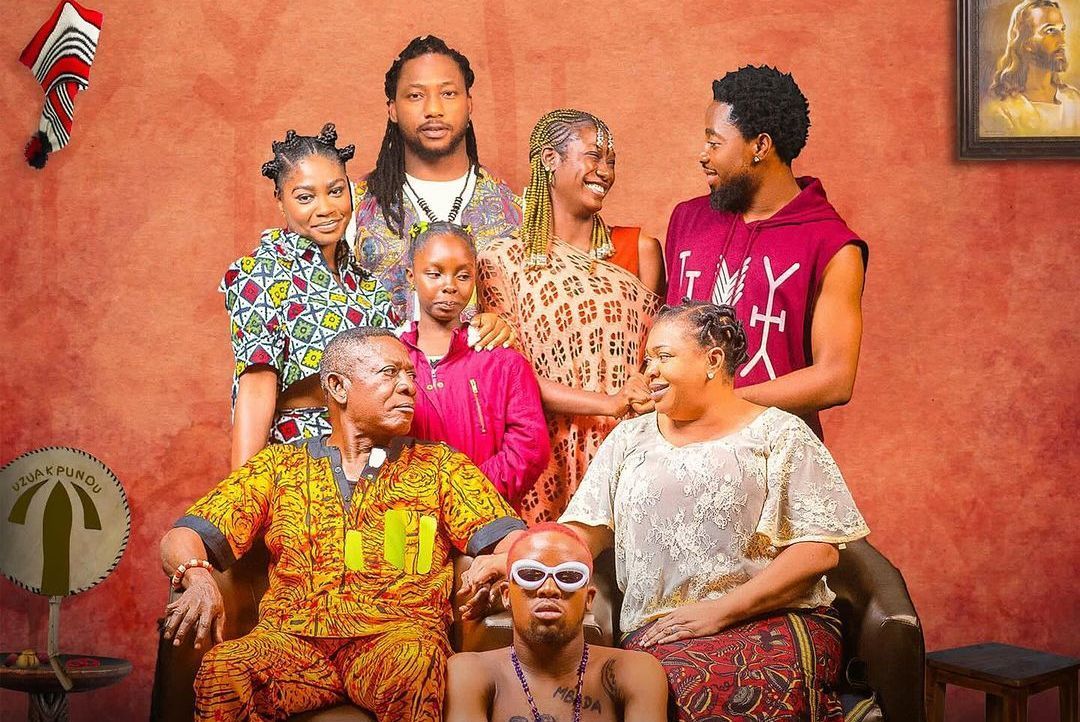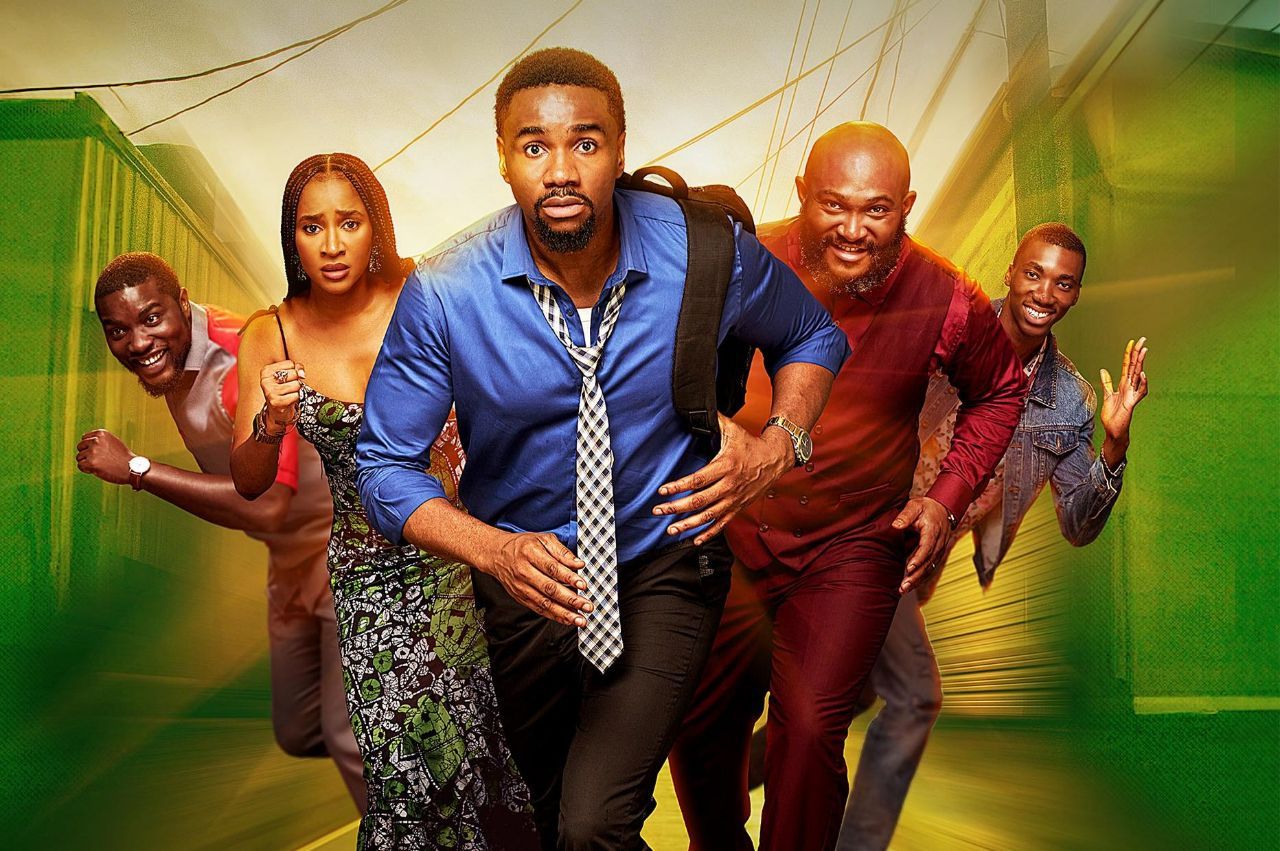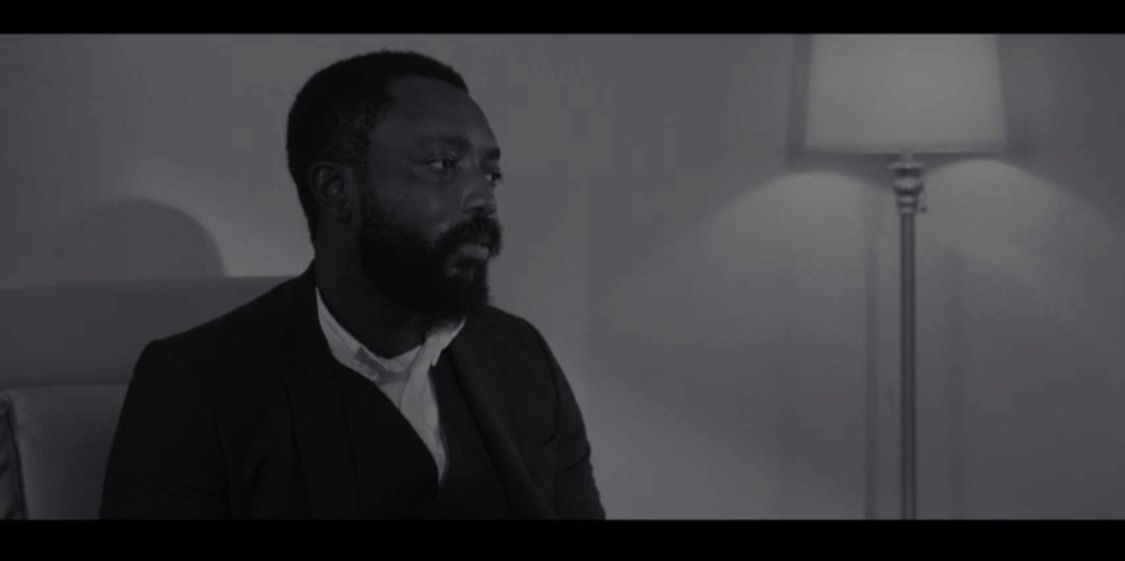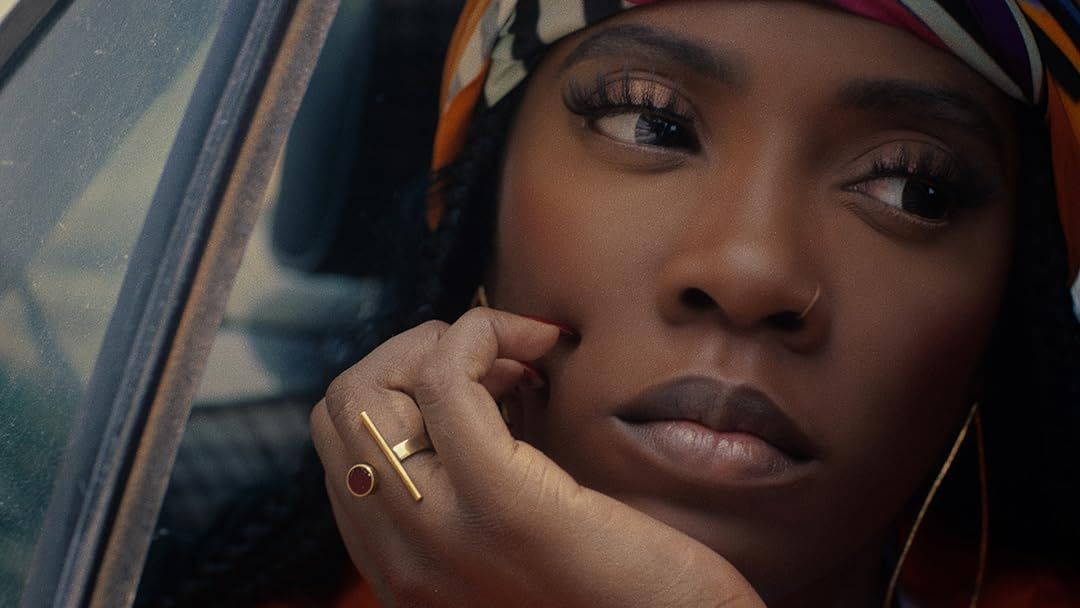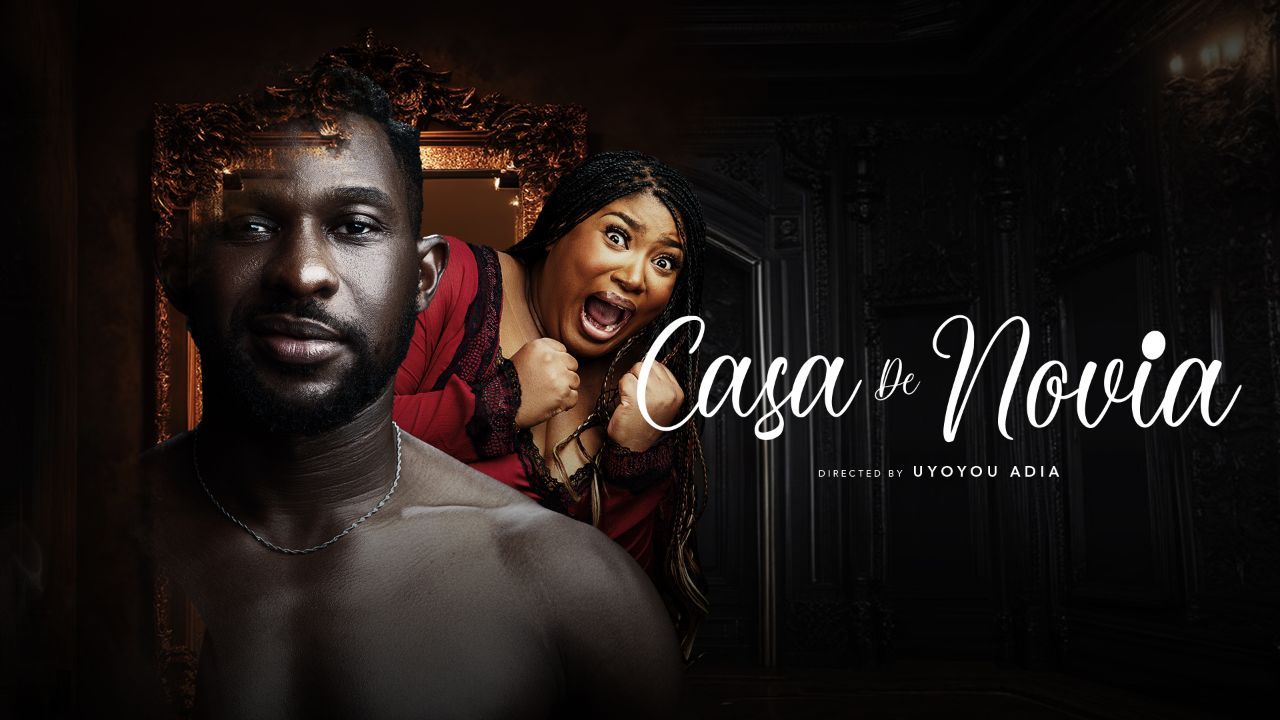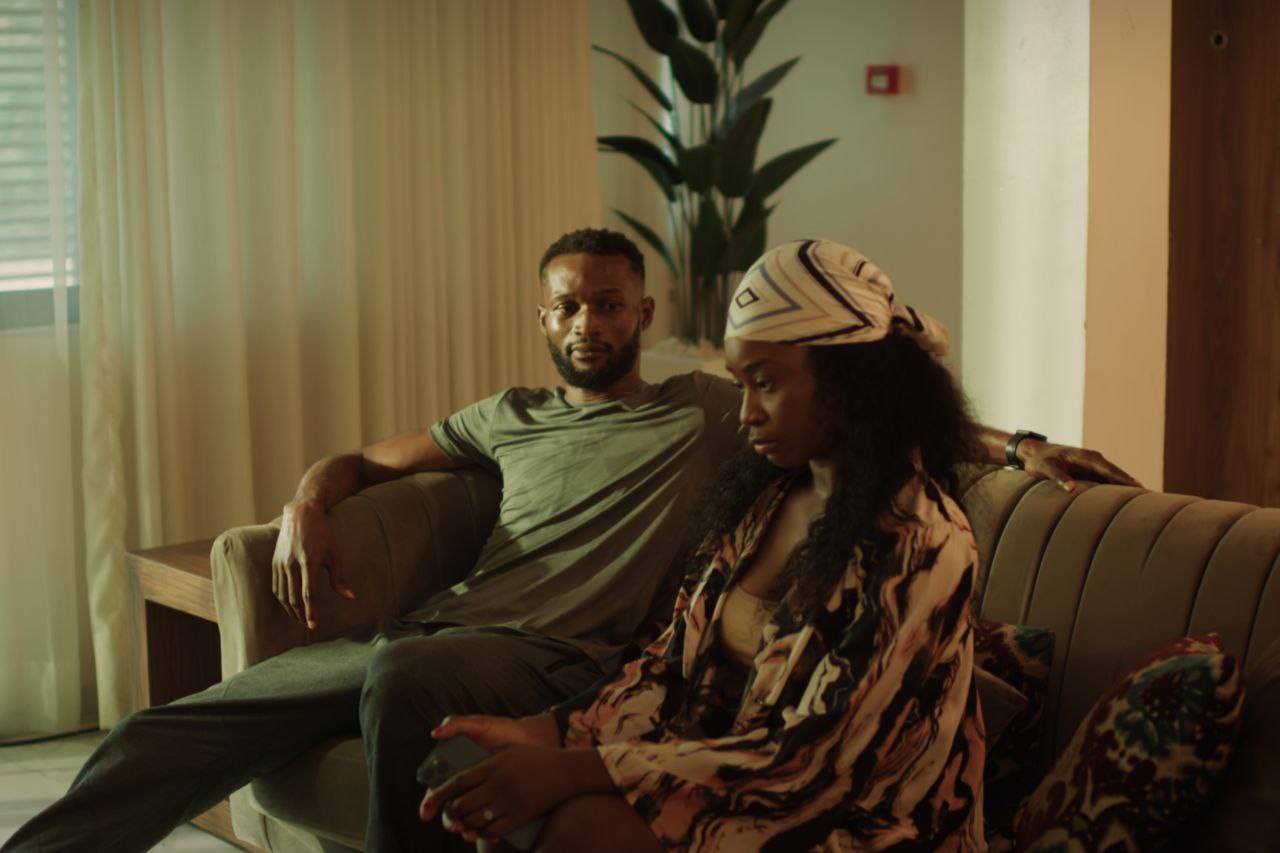
‘The Weekend’ Review: Uzoamaka Aniunoh is the Star and Victim in Daniel Oriahi’s Get-Out-esque Thriller
Daniel Oriahi‘s Get-Out-esque, Tribeca returnee, The Weekend, is the latest Neo-Nollywood horror submission. Written by Egbemawei Dimiyei Sammy, Vanessa Kanu, and Freddie O. Anyaegbunam Jr., The Weekend explores the vagaries of familial relationships. Family sticks […]

